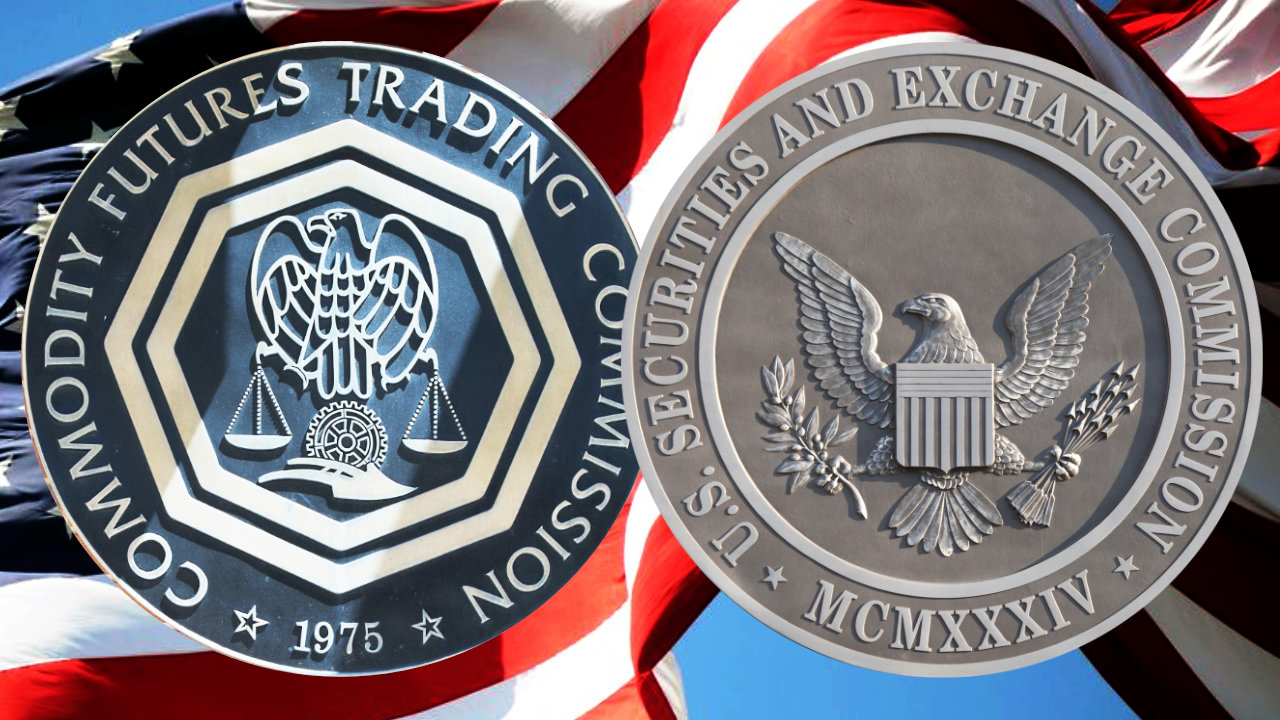US Lawmakers Urge SEC and CFTC to Create Joint Working Group on Crypto Regulation


Two U.S. lawmakers have urged the chairman of the Securities and Exchange Commission (SEC) and the acting chairman of the Commodity Futures Trading Commission (CFTC) to establish a joint working group for the regulation of crypto assets.
SEC and CFTC Urged to Collaborate on Crypto Regulation
U.S. Representatives Patrick McHenry and Glenn “GT” Thompson sent a letter to SEC Chairman Gary Gensler and acting CFTC Chairman Rostin Behnam Monday regarding cryptocurrency.
McHenry is the ranking member of the House Financial Services Committee while Thompson is the ranking member of the House Committee on Agriculture.
The letter begins by referencing Gensler’s comments to Senator Elizabeth Warren stating that “additional authorities” and “resources” are needed for the oversight of the crypto industry. McHenry previously raised concerns that Gensler wanting jurisdiction over all crypto exchanges, including non-securities ones, is “a blatant power grab that will hurt American innovation.”
The letter to Gensler and Behnam states:
Rather than regulate innovation and job creation out of this country, we should promote an active dialogue between regulators and market participants … An open and collaborative dialogue with all relevant agencies, stakeholders, and market participants is critical.
McHenry and Thompson explained, “This is the goal of H.R. 1602, the Eliminate Barriers to Innovation Act of 2021, which passed the U.S. House of Representatives in April.”
H.R. 1602 is a bipartisan act that requires the SEC and CFTC “to establish a joint working group on digital assets with market participants, organizations involved in academic research, and investor protection organizations, among others,” the two lawmakers detailed. They emphasized that nothing prevents the two agencies from creating a working group under existing law.
“A working group on digital assets would enable both the SEC and CFTC to explore how to effectively use their current jurisdiction cooperatively,” the letter adds.
if (!window.GrowJs) { (function () { var s = document.createElement(‘script’); s.async = true; s.type = ‘text/javascript’; s.src = ‘https://bitcoinads.growadvertising.com/adserve/app’; var n = document.getElementsByTagName(“script”)[0]; n.parentNode.insertBefore(s, n); }()); } var GrowJs = GrowJs || {}; GrowJs.ads = GrowJs.ads || []; GrowJs.ads.push({ node: document.currentScript.parentElement, handler: function (node) { var banner = GrowJs.createBanner(node, 31, [300, 250], null, []); GrowJs.showBanner(banner.index); } });
While the SEC claims jurisdiction over all crypto-related securities, including exchanges that trade them, the CFTC has jurisdiction over crypto assets, which are considered commodities. A CFTC commissioner clarified earlier this month: “Just so we’re all clear here, the SEC has no authority over pure commodities or their trading venues, whether those commodities are wheat, gold, oil …. or crypto assets.”
The lawmakers’ letter to the two agencies concludes:
We request a response from you and your fellow commissioners describing the ways the SEC and CFTC plan to work together on these critical issues.
What do you think about the suggestions by Reps. McHenry and Thompson? Let us know in the comments section below.